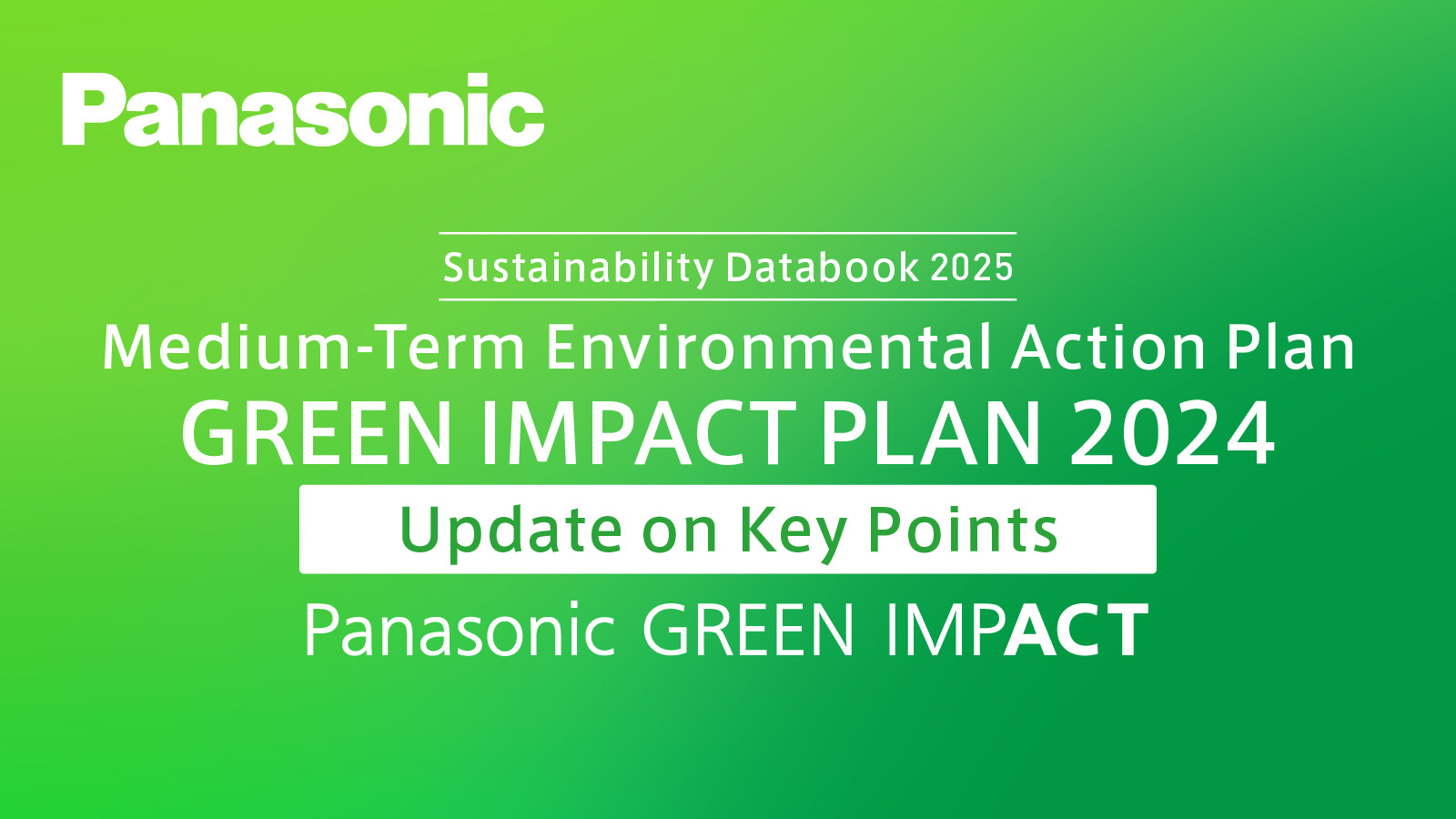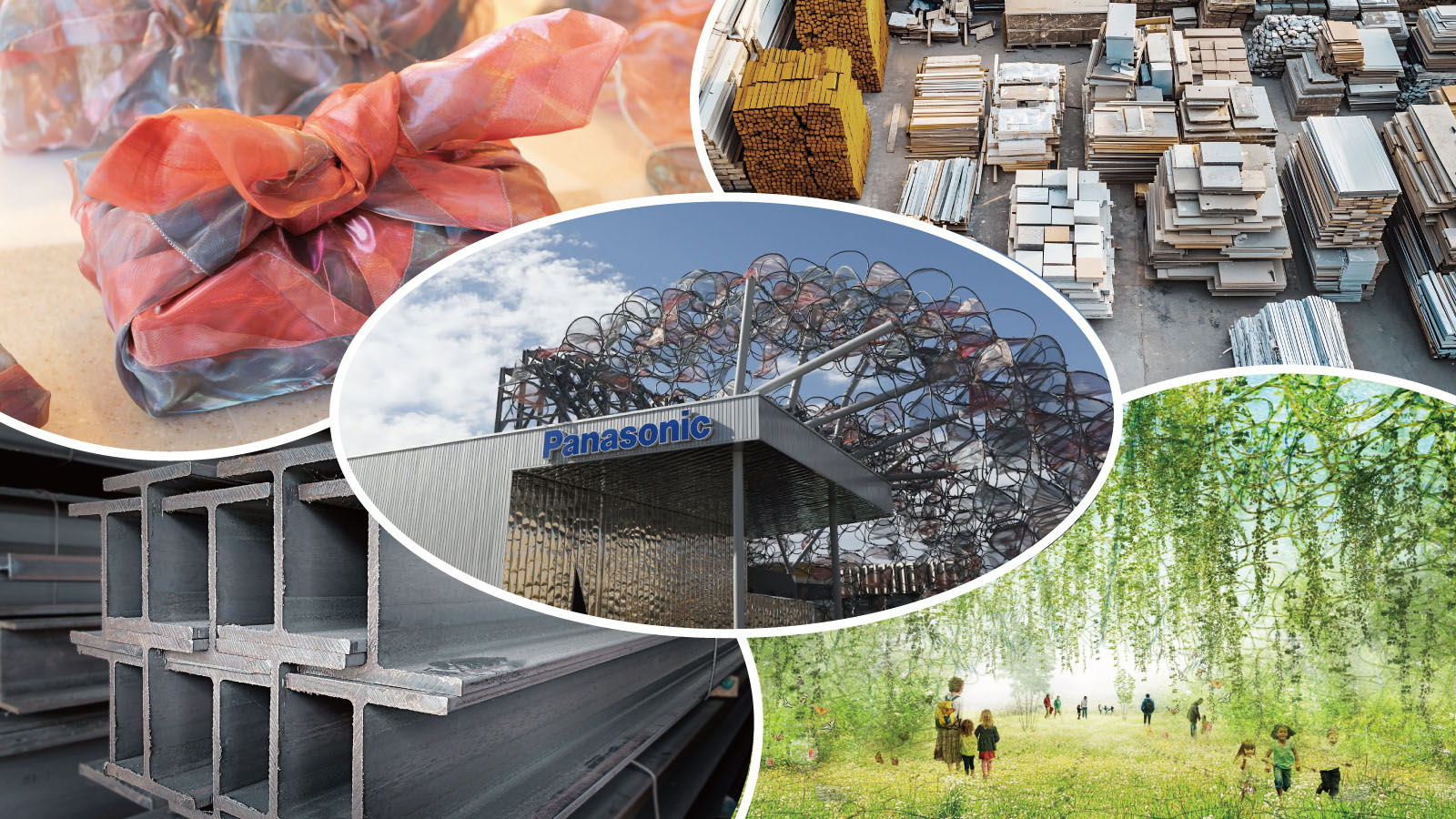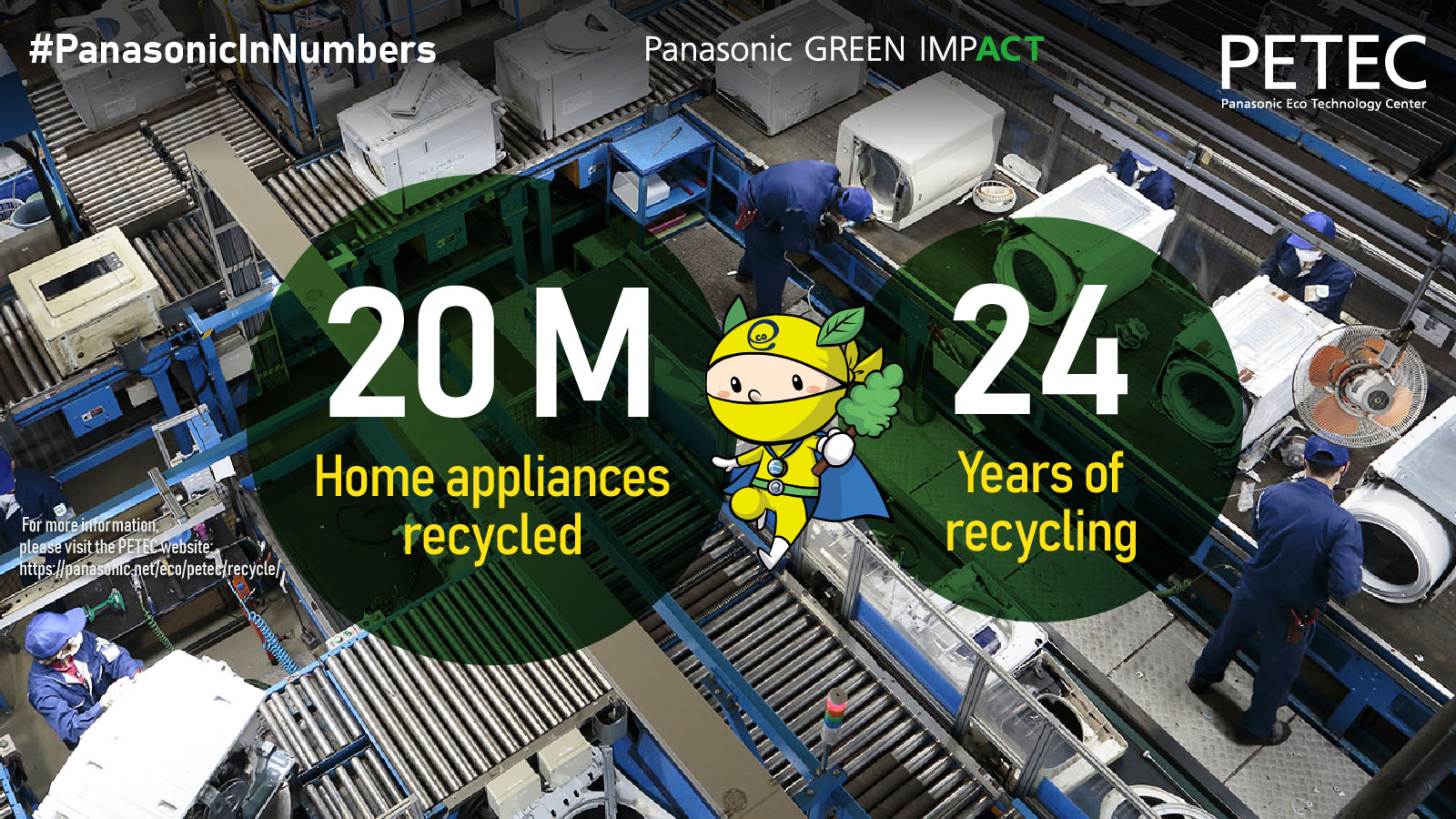
Nov 25, 2025
- Sustainability
- Stories
- Panasonic GREEN IMPACT
- Circular Economy
- EV Solutions
- Hydrogen Energy Solutions
- ESG Management
- Panasonic HX
- Business Solutions
- Home & Personal Solutions
- Operating Company
- Automotive & Mobility
- Air Conditioning
- Air to Water (A2W)

















